European Union
Msgr. Jean-Claude Hollerich, Archbishop of Luxembourg, is the new President of COMECE – Commission of the Bishops’ Conferences of the European Union. He was elected by the Bishops delegates of the Bishops’ Conferences of the European Union during their plenary meeting in Brussels (March 7-9). According to the new statute the President’s mandate will last 5 years – from 2018 to 2023. Msgr. Hollerich succeeds Cardinal Reinhard Marx, who held the reins of COMECE for two three-year terms, (from 2012 to 2018)

“I am ready to work together with all persons of good will who are dedicated to respect and protect human dignity.” “Christians are not an interest group speaking in favour of religions, but European citizens committed to the construction of Europe, our common house”, said Msgr. Jean-Claude Hollerich, Archbishop of Luxembourg, immediately after his election as new COMECE President, highlighting the value of dialogue. According to the new Statute he will remain in office for five years, from 2018 to 2023. He succeeds Cardinal Reinhard Marx, at the helm of COMECE for two three-year terms (from 2012 to 2018). The Delegates also elected four Vice-Presidents, chosen according to regional criteria: Msgr. Noel Treanor (Ireland), Msgr. Mariano Crociata (Italy), Msgr. Jan Vokal (Czech Republic), Mgr. Franz-Josef Overbeck (Germany).
Yesterday, March 8, was an important day for COMECE. Gathered in their plenary meeting, the Bishops Delegates of EU Bishops’ Conferences elected the new President and decided to “inaugurate” the newly elected Praesidium with a Mass for Europe that will be celebrated at the church of Notre-Dame du Sablon, in the heart of Brussels, a few steps away from EU institutional headquarters. A prayer for Europe so that, said Cardinal Reinhard Marx, at a time when “tensions have surged at all levels” and the hearts are inundated with “hate and mistrust, European peoples and EU institutions may continue
following the path of unity and friendship.”
Thus the European Church is called to work in cooperation and in dialogue with EU institutions to give “a soul to Europe”, as called for by Pope Francis in Rome on the occasion of the dialogue-meeting (Re)thinking Europe. But the most challenging mission the Church is faced with today is ensuring that European peoples continue being passionate about this project of reconciliation and peace. “It’s time to restore courage and hope”, His Eminence added: “God extends his gaze to the whole of humanity. He is the Father of all human persons, believers and non-believers alike, and the Church is called to be an instrument of unity.” “We can build bridges and foster a climate of friendship thereby mending the breaches caused by hate and mistrust.”
Monsignor Hollerich is a man of dialogue. He is a Jesuit. He entered the Society of Jesus in 1981 and followed the formation of the Jesuits of the Province of southern Belgium and Luxembourg. He spent a large part of his life in Tokyo, where he took his final vows in the Church of St. Ignatius. He taught at Sophia University in Tokyo. In 1999 he was appointed Chaplain of students in the same University of which he later became the Rector. On July 12 2011 he was nominated Archbishop of Luxembourg by Benedict XVI. He currently serves as President of the “Europe Justice and Peace Commissions” Conference that brings together over 30 national Commissions with the purpose of intervening in the public debate on issues related to social justice, peace-building and environmental protection.
The EU and the Catholic Church in Brussels are marked by an atmosphere of close cooperation, which is certainly the result of the attention given by Francis to this institution since the beginning of its Pontificate. Jean-Claude Juncker, President of the European Commission, wished to be present at the “farewell reception” organized by COMECE and by the Representation of the Free State of Bavaria to the EU in honour of Cardinal Marx, upon the conclusion of two mandates at the helm of COMECE. “The Churches, the Catholic Church, play an important role because they are rooted in values, just as the European Union”, he declared. He added:
“With no values there’s no Europe.”
Msgr. Paul Gallagher, Secretary for Relations with the States (Secretary of State of the Holy See), indicated the way: “Church mission includes the constant quest for the truth, presenting problems with sobriety, being aware of difficulties and thereby encouraging and instilling hope.” It is a question of “addressing real problems with courage and without fears, involving all political and social stakeholders in the quest for solutions that advance unity and not divisions in our present times.”